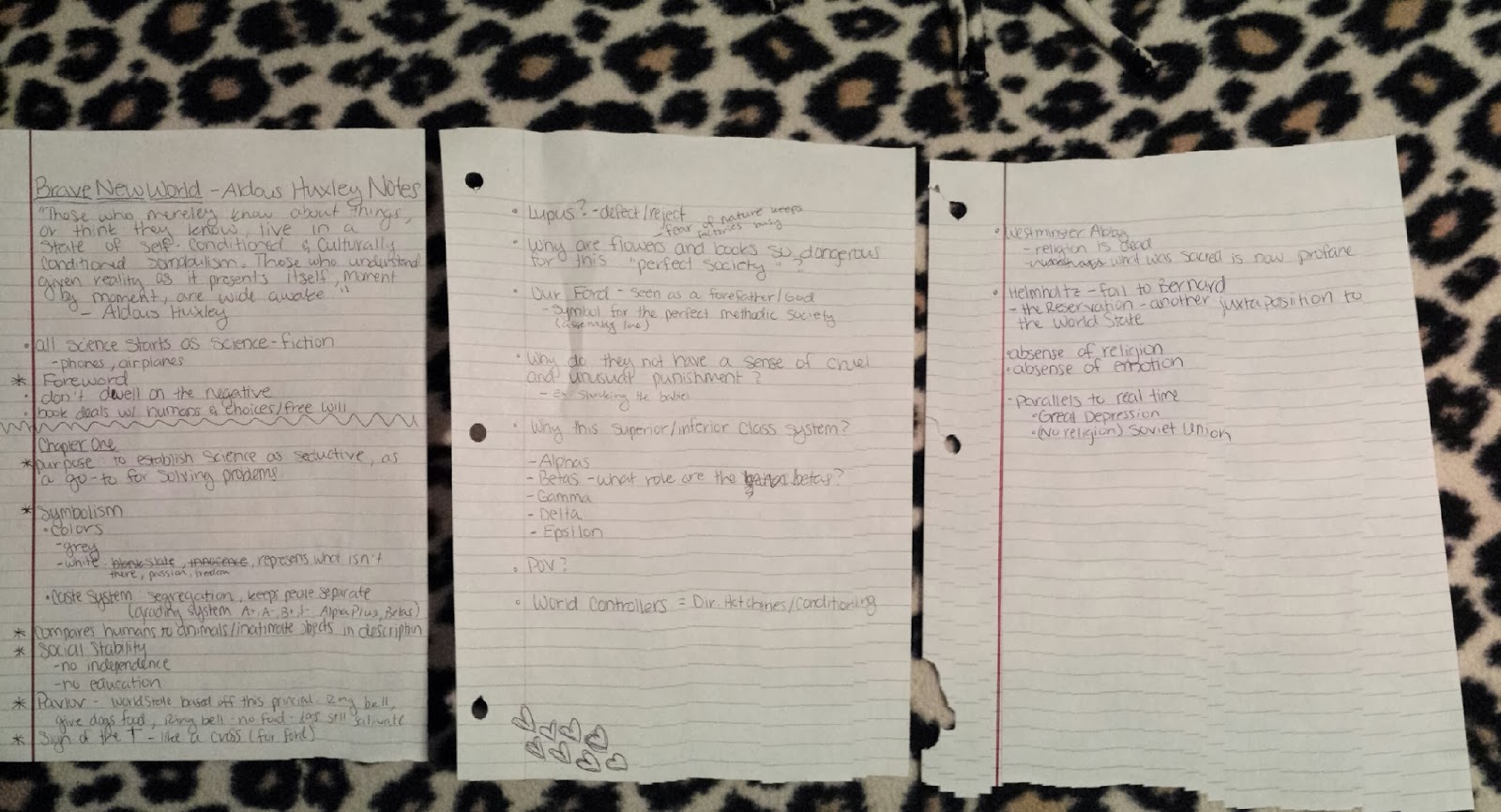Serena
Nichols
Dr. Preston
AP Eng Lit
Comp
6/1/14
My Journey So Far
Open Source Learning has been like a
rollercoaster. You’re waiting in line to try something new but every time the
line moves and you get a little bit closer, you can’t help but wonder what in
the world you are doing in this line and how this death trap could possibly be
worth it. Now you’re in the little car climbing your way to the top of this
monster and every click of a rung you don’t know whether you’re excited that
you haven’t died yet or terrified that you’re not going to make it. Then, you
reach the top. It’s a split second of clarity and you can see the entire world
around you. Straight over to the parking lot and over to the top of another
coaster you’re peers are on and looking back at you from because now they get
it too, the reason you got on this ride. Everything you struggled with on the
way up just seems unreal. Now it’s second semester, the beautiful moment is
over and it’s a straight shot going a thousand miles a minute into summer
vacation and it’s great, it’s such a rush, but now you feel as if there’s so
much more you need to experience before you get off this ride. After the course is over, much like the
aftermath of a rollercoaster, you seem to understand a little more what the
hype is about. You embrace that rush like you learn to embrace the new freedom
you have over your education and all the possible directions you can choose to
take it.
When you boil it down to the core,
getting on this roller coaster was a choice. At some point, we all had to
choose to give open source learning a try even if we had no idea what that
entailed. Never had an opportunity like this one presented itself to us
before. Trust was placed in our hands
right alongside opportunity. Truly, we
honored that trust. Making blogs of our own and taking responsibility for our
posts and the content as well as taking initiative to get the things we needed
to get done, done, we honored that trust.
There might have been slips here and there and there was definitely questions
of “what are we doing here?”, but we pulled through. Our education became our education and the
choices we made about how to learn were ours sometimes independently and
sometimes together.
Choice is a powerful thing. It allows
for an independence that some of the newcomers to Open Source have been craving
for a long time. Through choice we truly get to fully care for what we are
learning because it’s ours and it’s what we decided. One of the most powerful
literary experiences I had this year was reading I Know Why the Caged Bird
Sings by Maya Angelou, one of my heroes who just recently passed. Written
so long ago that story still had elements that resonated with my life in some
of the best and worst ways. With this
course, it didn’t always matter if it was a book that we had chosen. The
opportunity was in that we got to choose what we took from it. Reading Shakespeare’s Macbeth with the class was another great experience for me this
year as well as Chaucer’s Canterbury
Tales. After reading we got so much
freedom in how we wanted to dissect it and then teach it to our peers. It was a
new method to us all and that in of itself is what made it so effective,
learning to think in a new way.
A pivotal part of this course was
journal writing. Every single day as we
settled in there would be a topic and some tunes and off we were. Through that, I was inspired to resurrect my
love for writing in my personal journal. Just my pen and a blank page ready to
be the new home of my thoughts and ideas. There is no freedom or therapy like
that elsewhere for me that compares. From this moment on there’s no way I could
keep moving forward in my education or in my personal life without that
freedom.
Not everything in this course was a
huge metaphor for something greater. Sometimes, through laughter and taking a
step back and rethinking we found a deeper meaning we maybe hadn’t expected. I
certainly had to laugh at myself after we were challenged to answer the
question “Can you read?” I never in a
million years expected my answer to be no.
A simple challenge I had nearly written off turned out to be one of the
most humorous and eye-opening assignments I’d done so far. All thanks to a
speed reading challenge and a Dr. Seuss book I had been refreshed in my
thinking and got to experience what it’s like to have fun with education again.
I believe that set the tone for a lot of assignments thereafter.
After those of us who stuck with it
reached the top of the rollercoaster, there was a palpable change. Second
semester started us with this sort of settled feeling like the ground wasn’t
slipping out from under us anymore. Then, the rush began. We all knew more of
what we could accomplish and the types of things Open Source would allow us to
do. Only time was no longer dragging, there wasn’t enough of it. Along came the
Masterpieces. Anything we had ever dreamt
of pursuing or attempting was now the core of our educational journey. There
was a common theme during preparation of uncertainty at the unlimited
possibilities. Where is one to start with no permanent guidelines and a
mountain of resources? What we were guided to do, was to start with our
passions. Overwhelmingly, the class had a passion for helping others. Whether
it was Kelsey helping to “decrease world suck” or Miranda helping to embrace
what we have now, in this moment, we all wanted to give. That’s sort of the
core of Open Source though. We try, we learn, we fail, we learn, and then we
share. This common theme extended
through all different mediums including my own project to help people find
their “Happy Place” and into Vanessa’s project to spread joy in other’s through
baking. Even the “Destructive Therapy” helped others realize that through
stress and frustration humor and a baseball bat can be the best medicine. In so
many different ways these projects showed unique and undeniable compassion for
the human condition.
The nice part about getting off a
roller coaster is that you usually find yourself in the middle of an amusement
park. More often than not surrounded by
many other rides more and less thrilling that the one you just conquered. Now
that you survived, you go looking for that rush again and your eyes are opened
to the possibilities of what the other rides can bring. I don’t believe you can ever really be done
with open source learning. The hero’s journey usually has its end with some
type of resolution. This class however, won’t end with what we’ve accomplished
here. Many of us stepped up to the challenge, we responded to the call of duty.
Some of us chose to buy in and others weren’t ready to change their perspective
yet. For the most part, many of us will
walk away enlightened and even empowered. Our education is just that again, our
education. There’s no way to go back to memorizing, regurgitating and getting a
letter grade. Now the power is in our hands and this ride may have come to an
end, but what we can do with the skills we’ve learned has no limit in sight.














